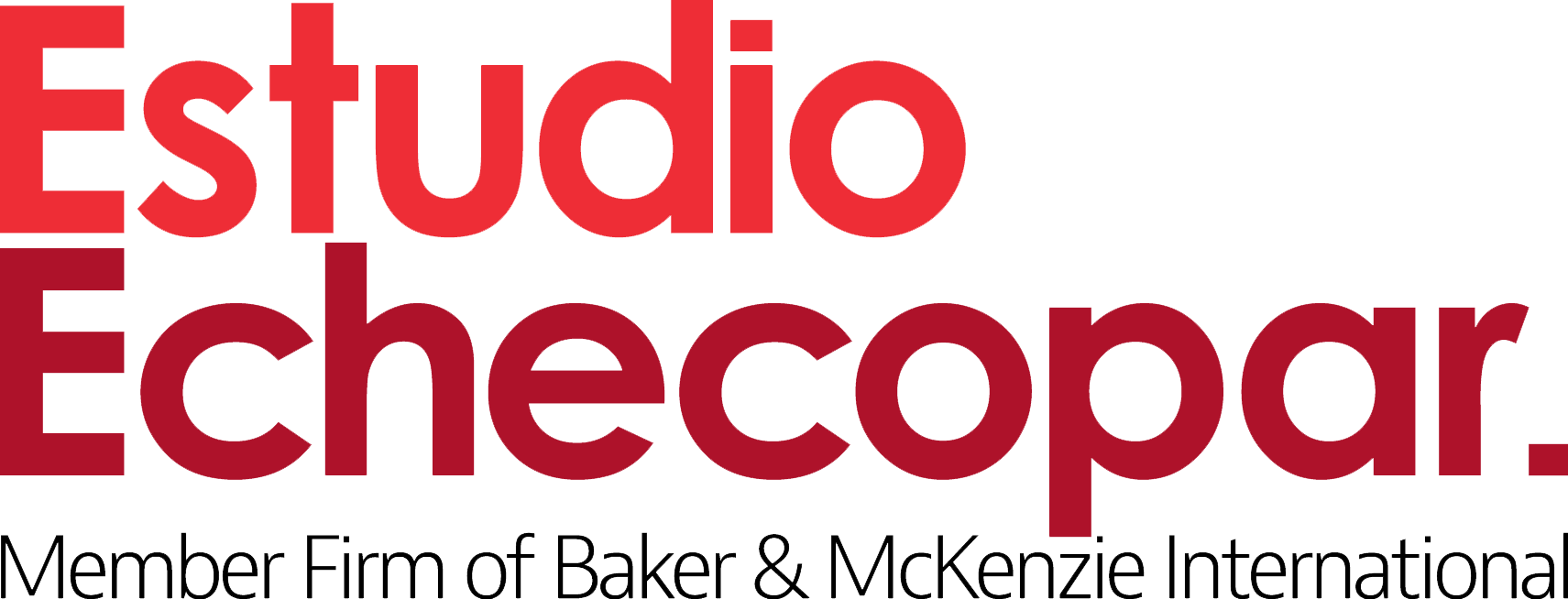In brief
June marks LGBTIQ+ Pride Month. This is a good opportunity for us as companies to reflect on how far we have come in creating inclusive workplaces and to take some action.
In depth
Recommendations
- Ensure that mandatory training on sexual harassment prevention includes guidelines for investigating and sanctioning acts of homophobia and transphobia.
Acts of homophobia and transphobia qualify as acts of sexual harassment in the workplace. Despite this, some employers still have problems identifying and sanctioning this type of conduct.
This situation has a negative impact on LGBTIQ+ workers. It is important for employers to ensure that sexual harassment prevention training includes guidelines for reporting and sanctioning acts of homophobia and transphobia. We also recommend reinforcing the use of the intersectional approach in the investigation of these cases of violence by the Sexual Harassment Intervention and Sanction Committees. This is the only way to guarantee the effective exercise of everyone’s right to a safe and violence-free work environment.
- Make a diagnosis of the situation of the LGBTIQ+ community in your company and a work plan to guarantee their rights.
The LGBTIQ+ community is highly susceptible to situations of discrimination. Therefore, we recommend making a diagnosis of the situation of the LGBTIQ+ community in the workplace. This will allow us to identify obstacles to the exercise of their rights, plan measures to overcome them, and thus guarantee a workplace where LGBTIQ+ workers may fully thrive.
We especially recommend making a diagnosis and work plan regarding the following aspects:
- Enjoyment of benefits: The conditions for granting benefits could reproduce discriminatory or stereotypical considerations, or generate an adverse impact on LGBTIQ+ workers. Some good practices that can be adopted to ensure equal enjoyment of benefits are: (i) extending insurance plans to members of diverse families; (ii) verifying that work-life balance measures do not benefit only one family model but all of them.
- Right to identity: We recommend verifying that policies and practices implemented in the workplace do not violate this right. Some good practices related to respect for identity are: (i) encouraging respect for and use of the social name of people who have transitioned, as well as their pronouns; (ii) implementing policies and procedures with inclusive language, so that all personnel feel represented without distinction; (iii) reviewing dress and uniform policies to verify that they respond to objective considerations and do not reinforce gender stereotypes.
- Establish clear diversity and inclusion objectives.
The effective inclusion of LGBTIQ+ personnel in the workplace requires sustained efforts over time. Therefore, it is important that companies establish diversity and inclusion work plans with clear and measurable objectives.
Among the objectives that can be implemented are: (i) representation of LGBTIQ+ personnel in management positions; (ii) implementation of awareness and training actions around diversity and inclusion; and (iii) progression of LGBTIQ+ personnel in the company’s career path, among others. Having clear objectives will help the company measure its progress in diversity and inclusion.
Given that the monitoring of these objectives presupposes the collection of sensitive information from personnel, it is highly advisable to implement policies that regulate the collection and treatment of this data, in a way that guarantees the privacy of workers who voluntarily decide to provide this information to the company. It should be remembered that under no circumstances can employees be forced to share information about their sexual orientation or gender identity.
We trust that you will find this information useful. Should you require legal advice on this issue for your company, please do not hesitate to contact us.
Click here to access the Spanish version.
* * * * *

Estudio Echecopar is a member firm of Baker & McKenzie International, a Swiss Verein with member law firms around the world. In accordance with the common terminology used in professional service organizations, reference to a “partner” means a person who is a partner or equivalent in such a law firm. Similarly, reference to an “office”, means an office of any such law firm.
Before you send e-mail to Estudio Echecopar, please be aware that your communications with us through this message will not create a lawyer-client relationship with us. Do not send us any information that you or anyone else considers to be confidential or secret unless we have first agreed to be your lawyer in the matter. Any information you send us before we agree to be your lawyers cannot be protected from disclosure.
@2023 Estudio Echecopar
All rights reserved.
No part of this publication may be reproduced in any form or by any means without the written permission of Estudio Echecopar.



